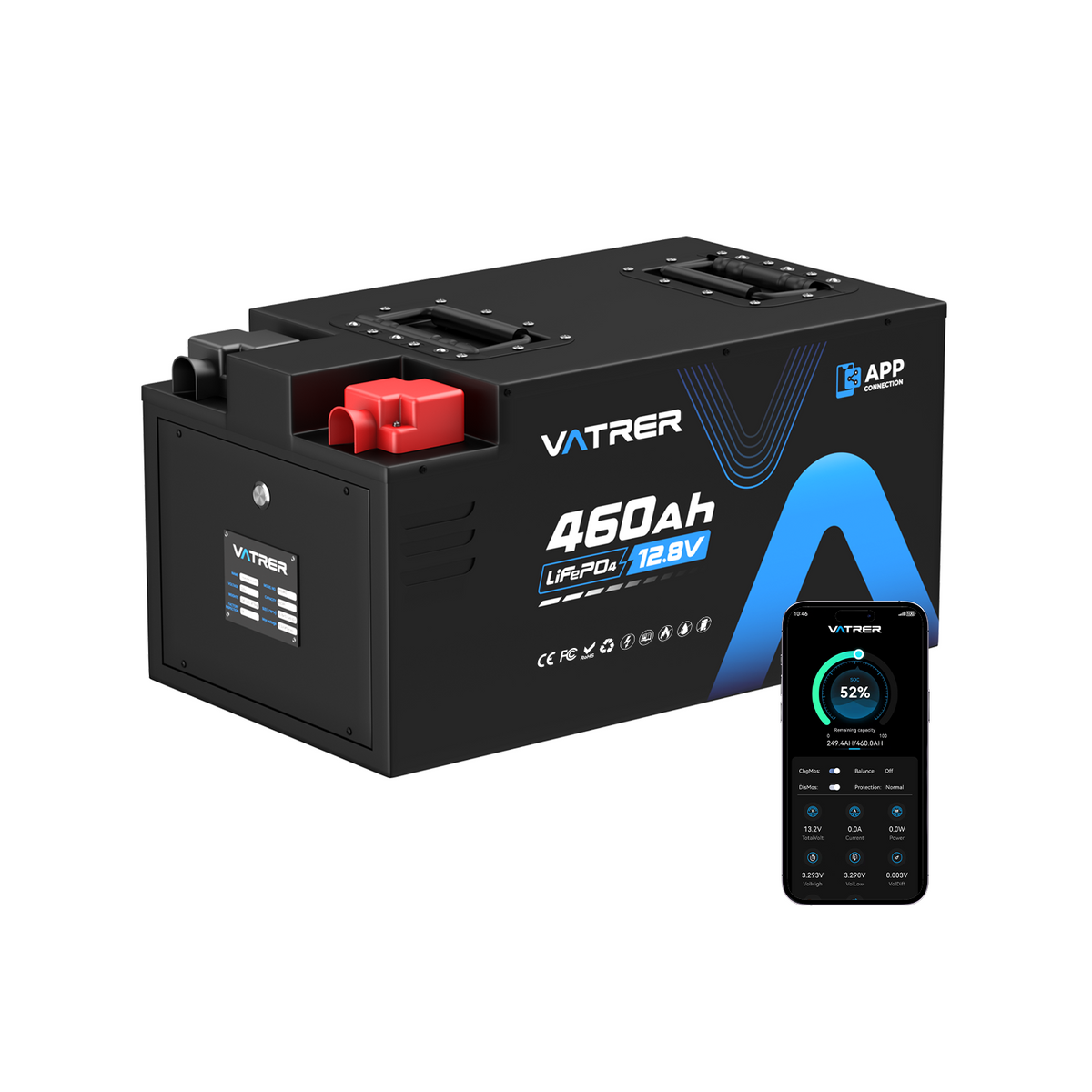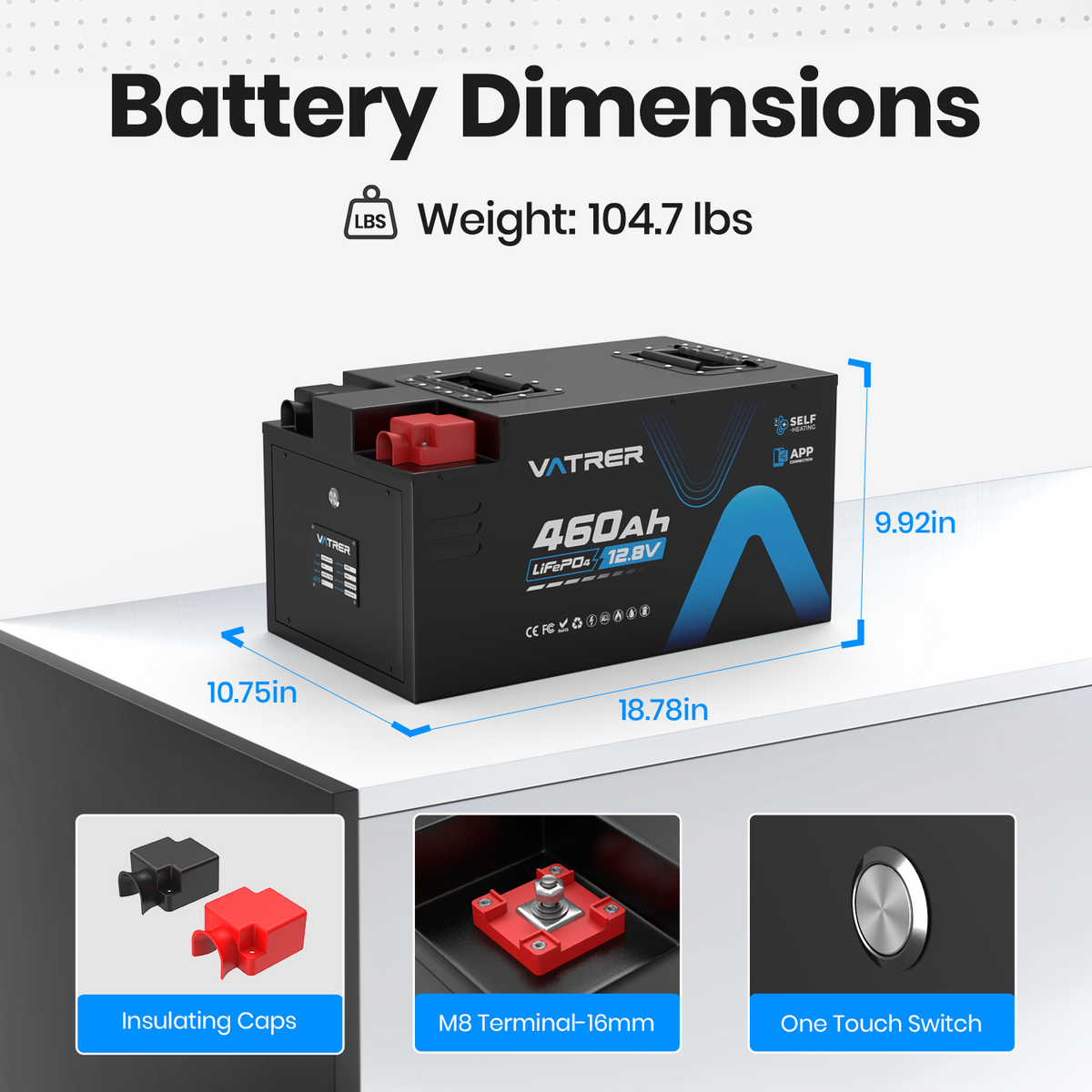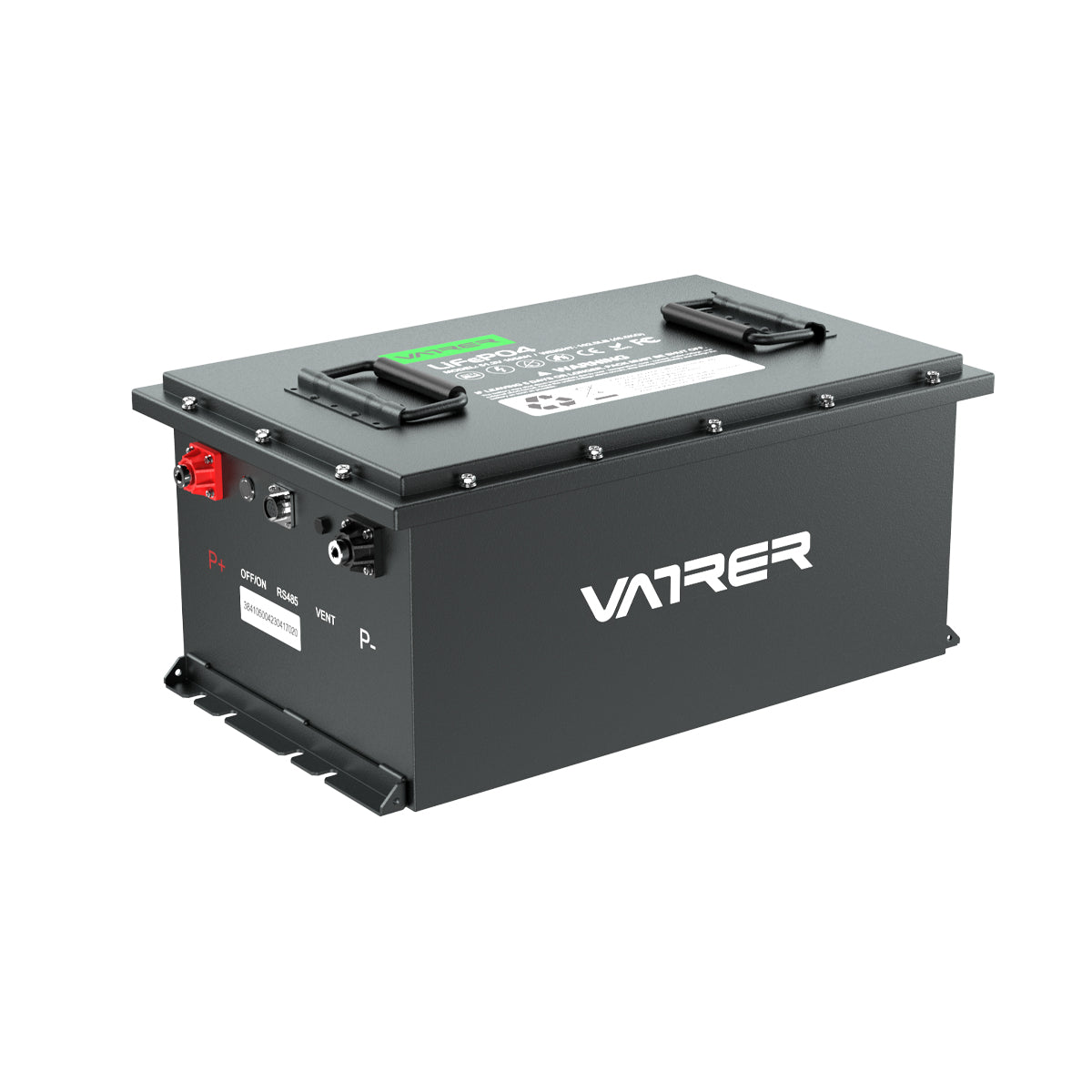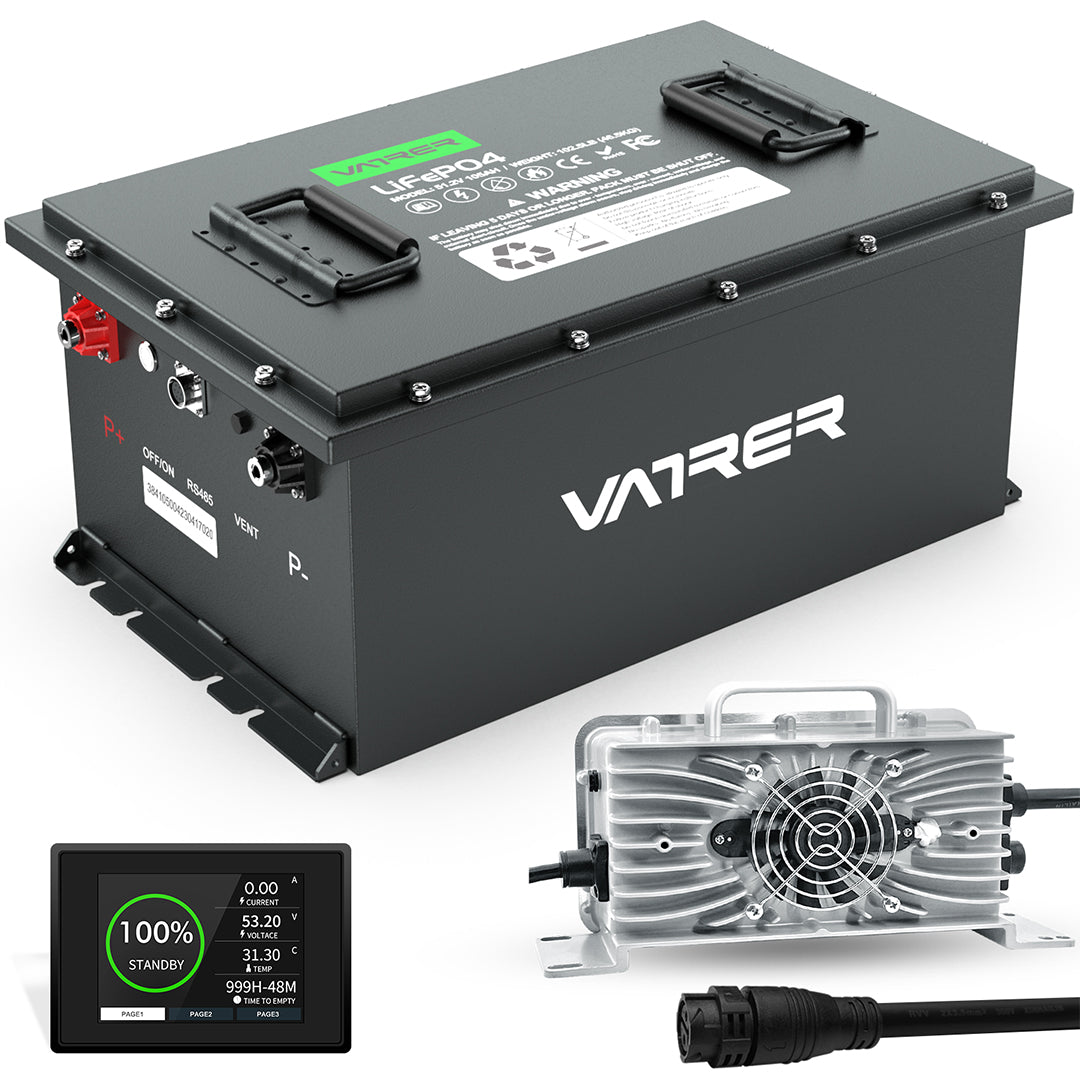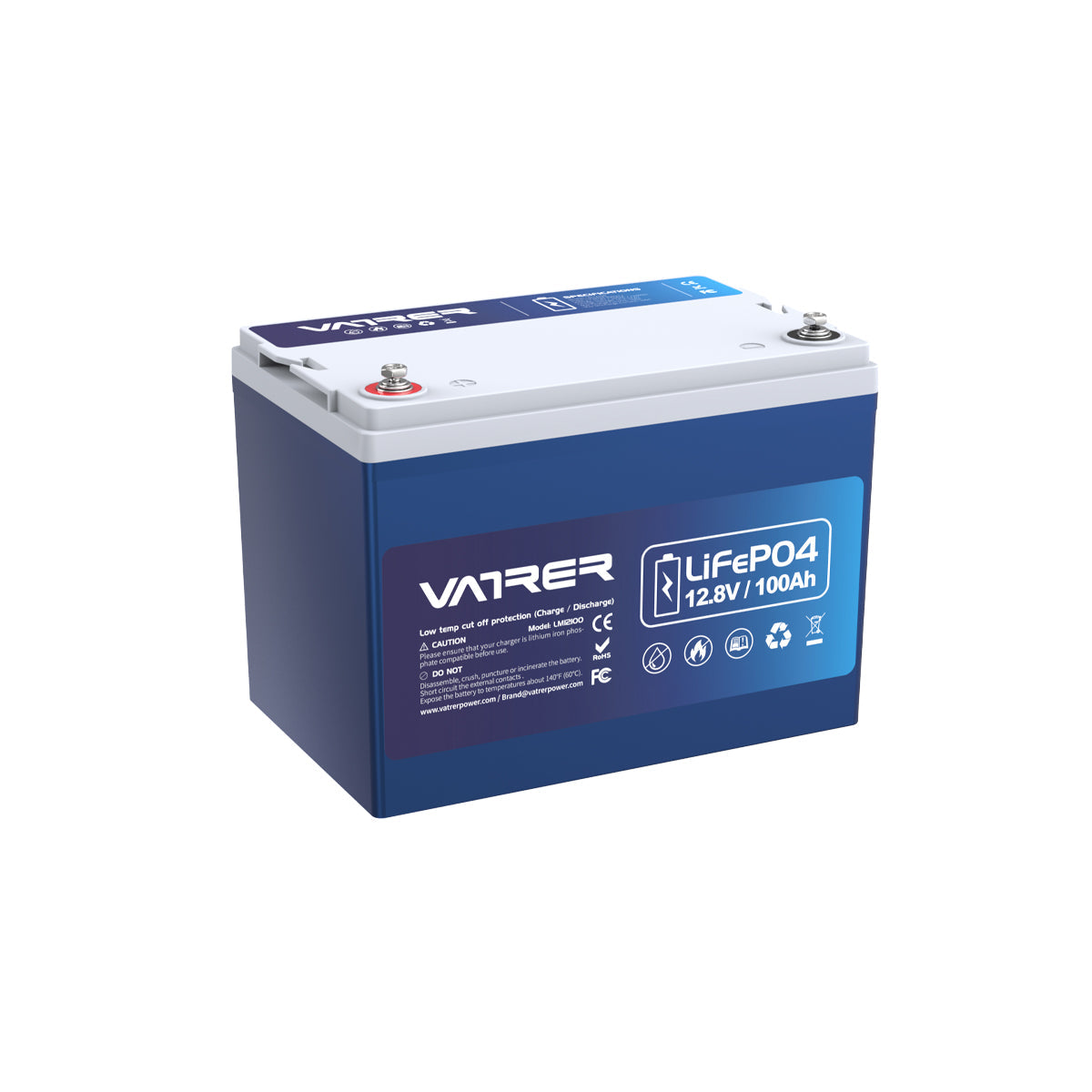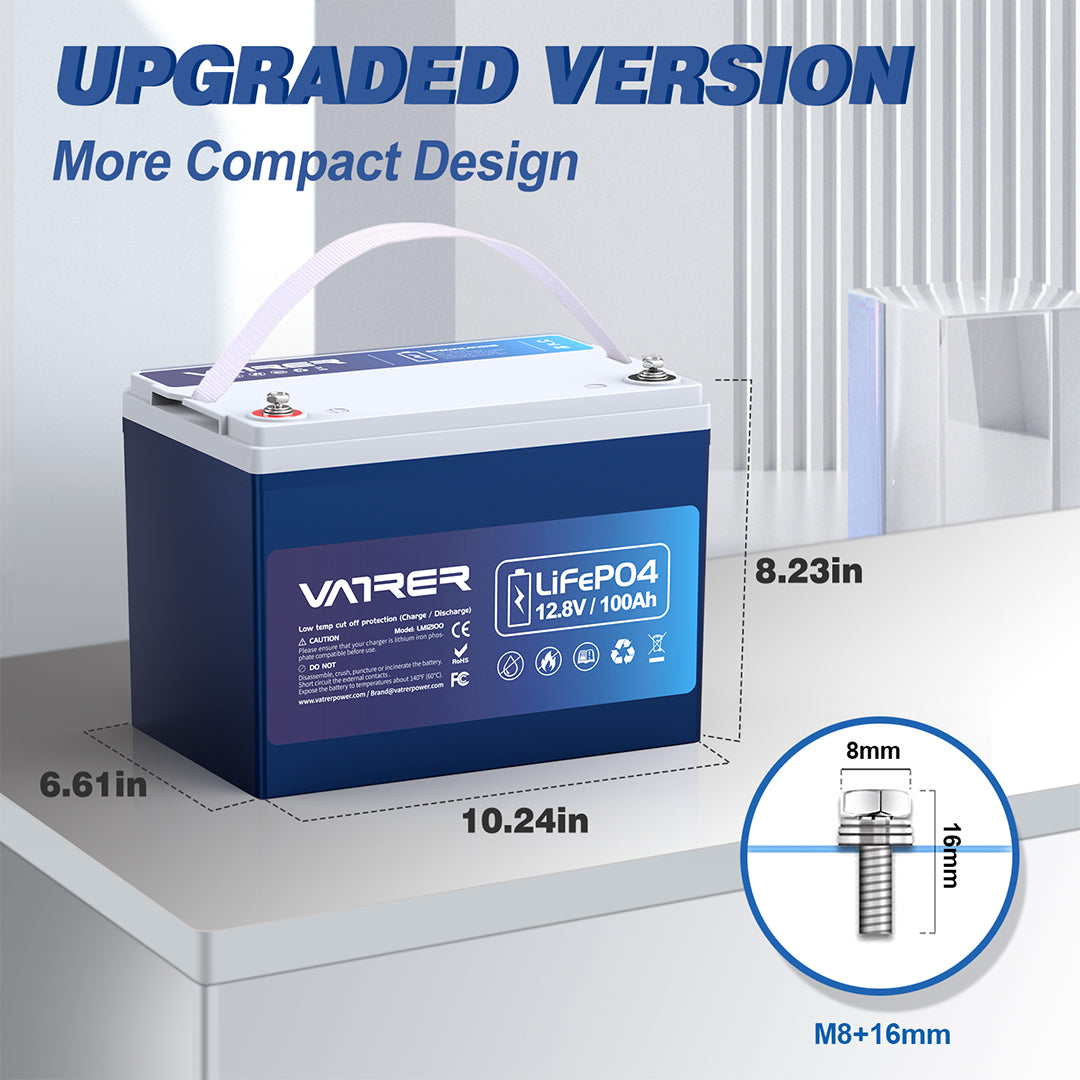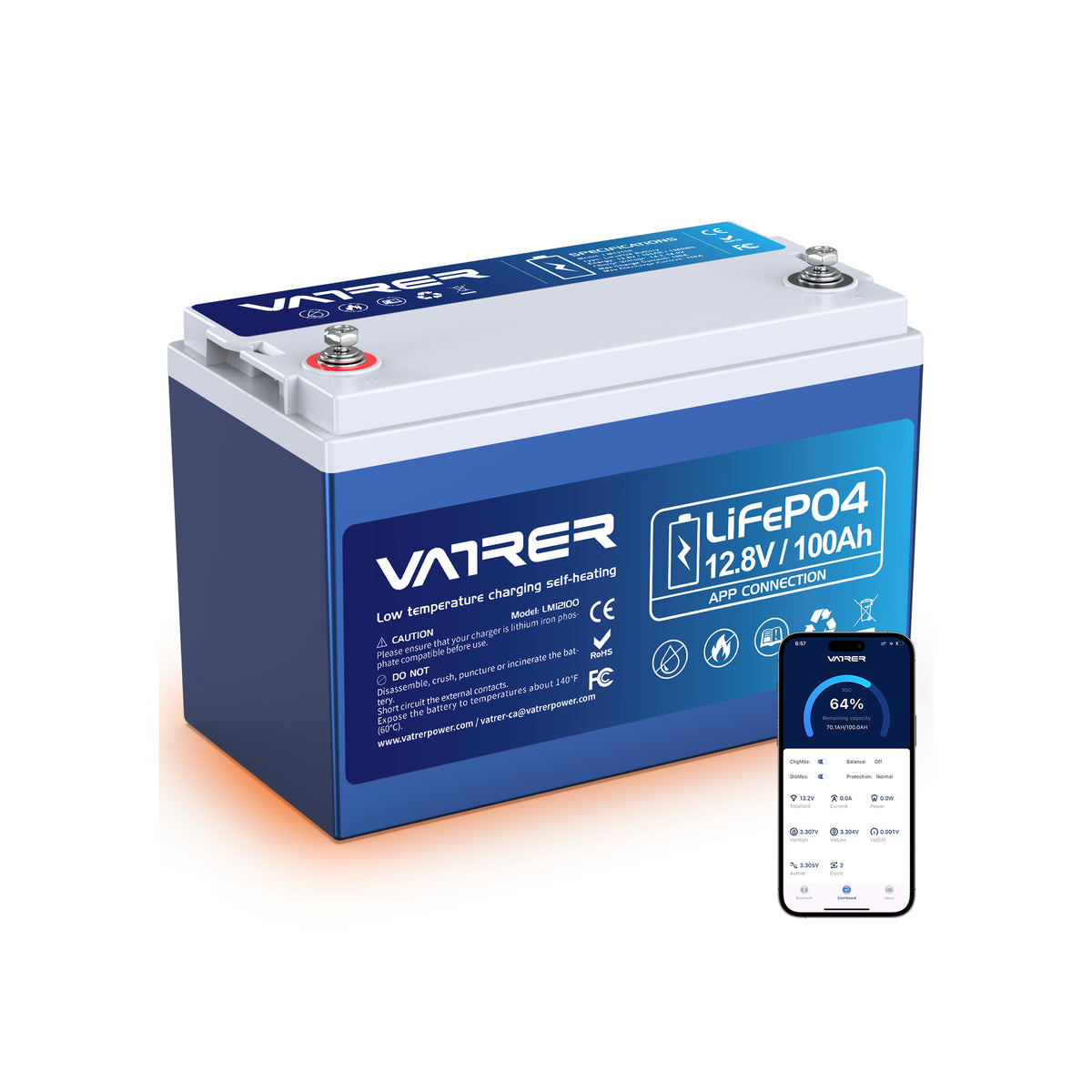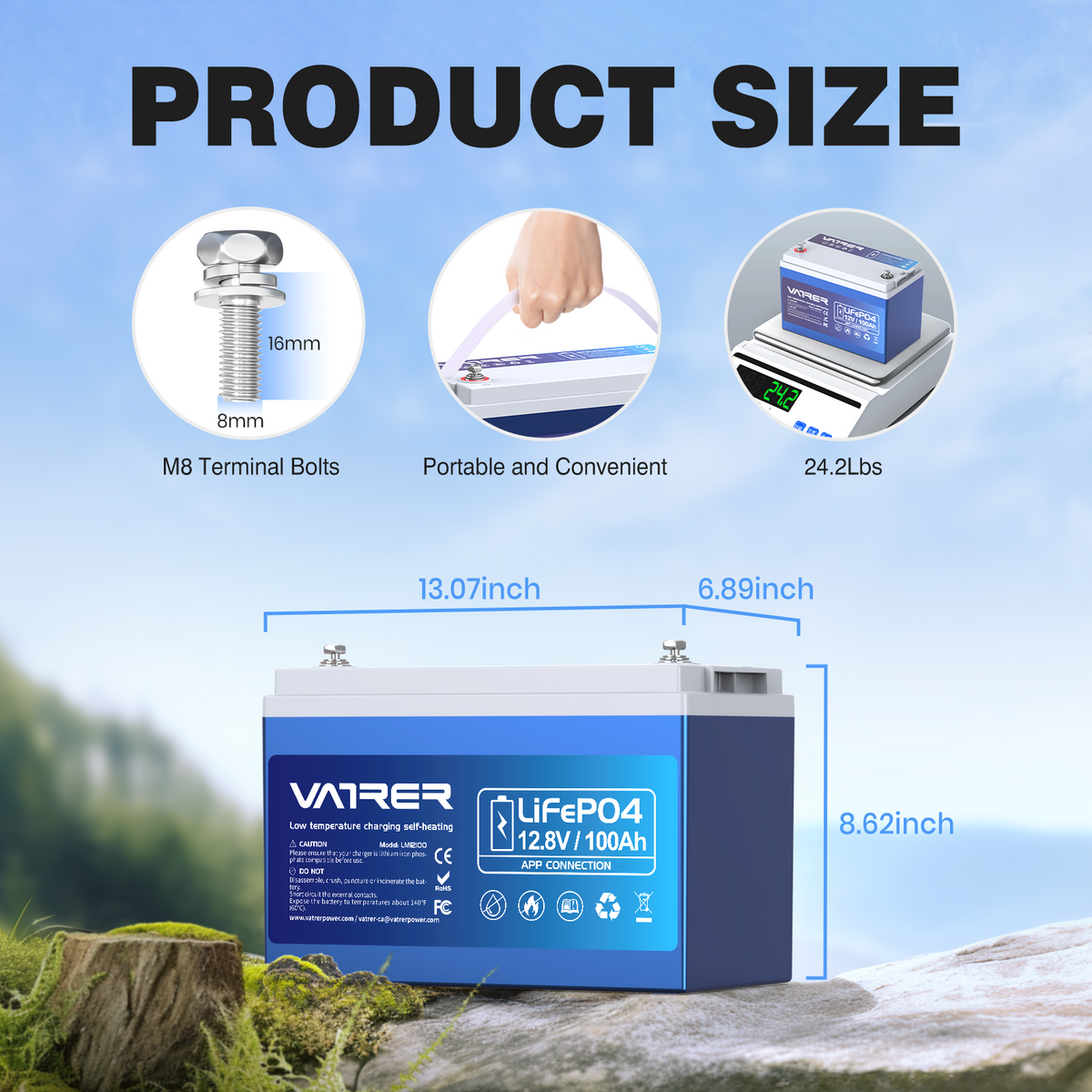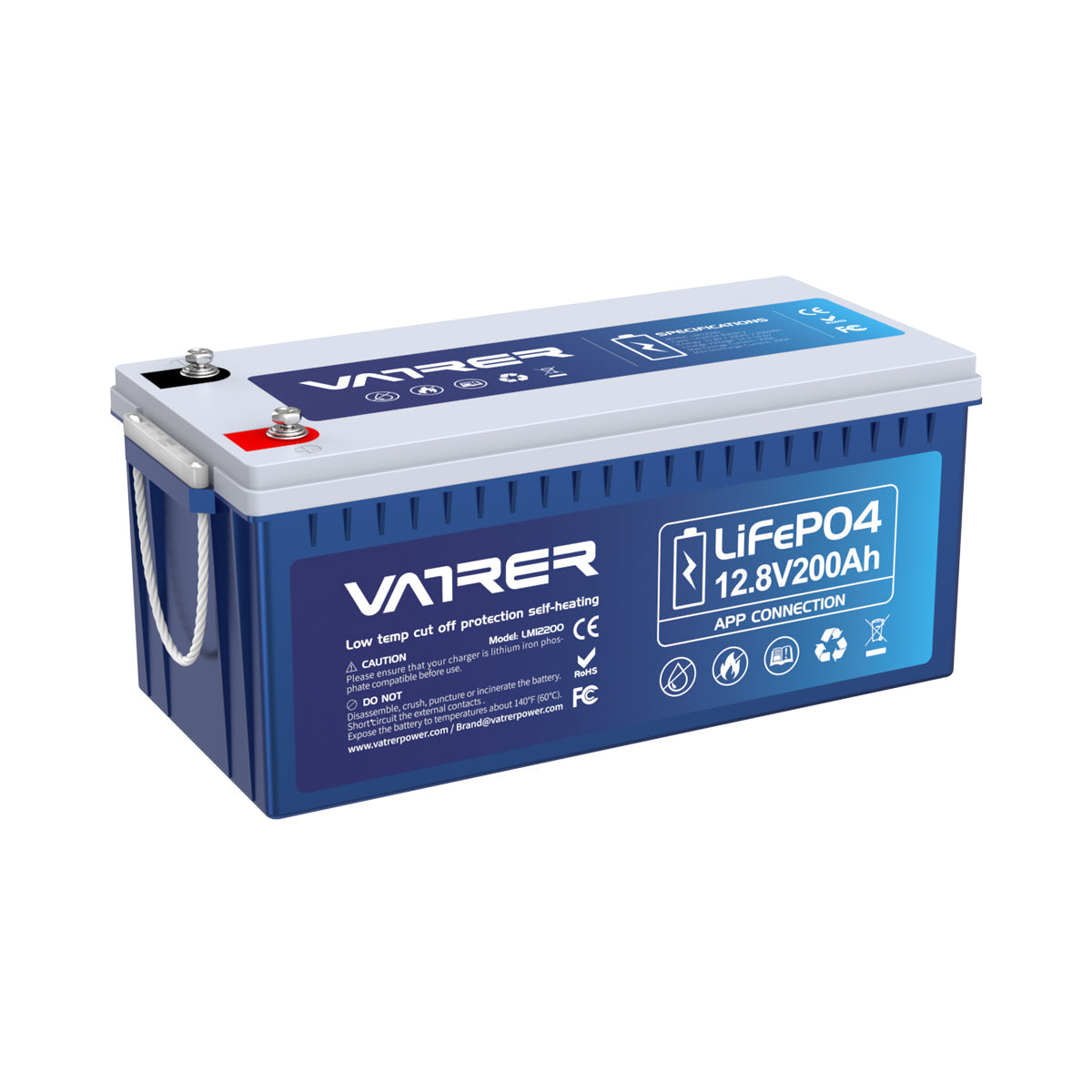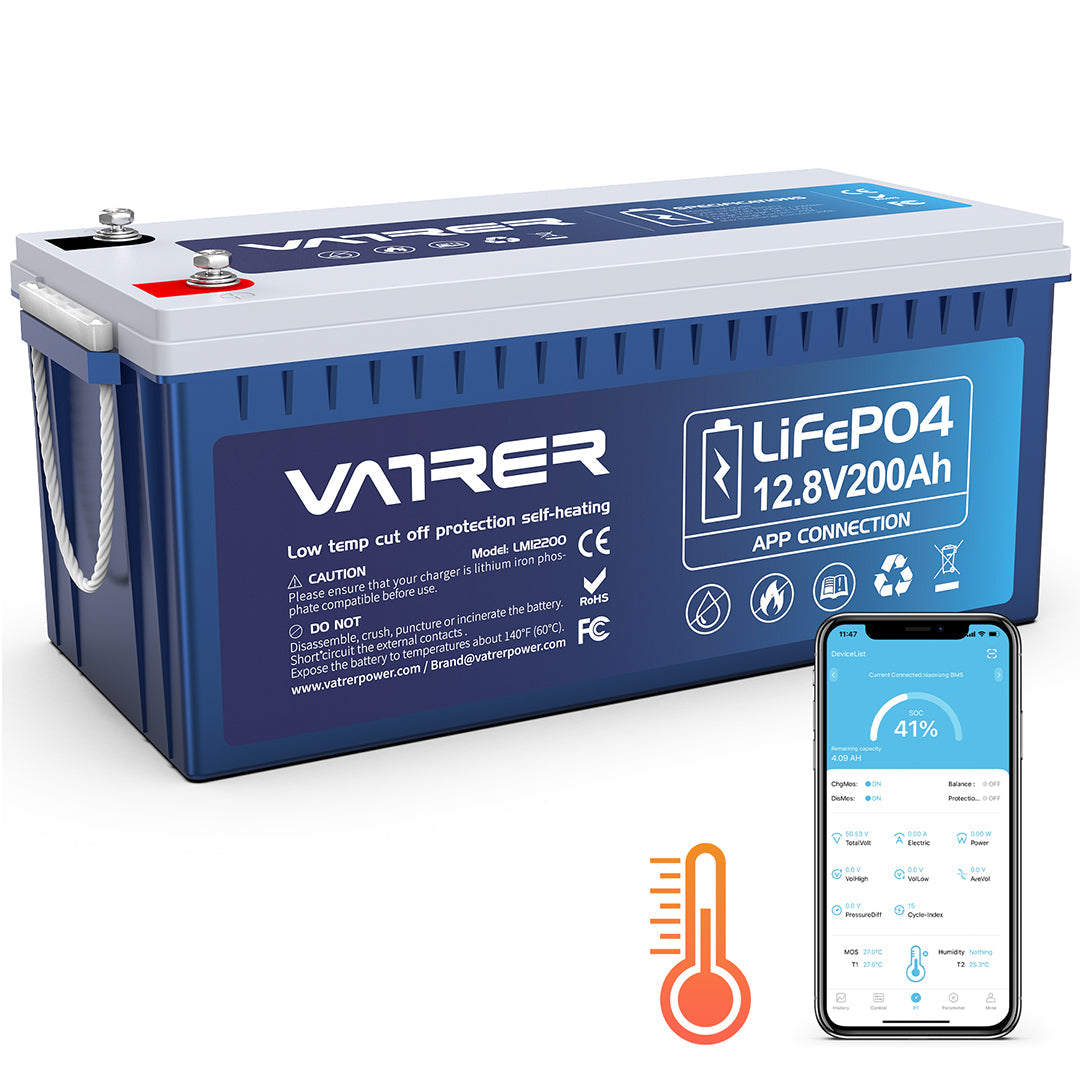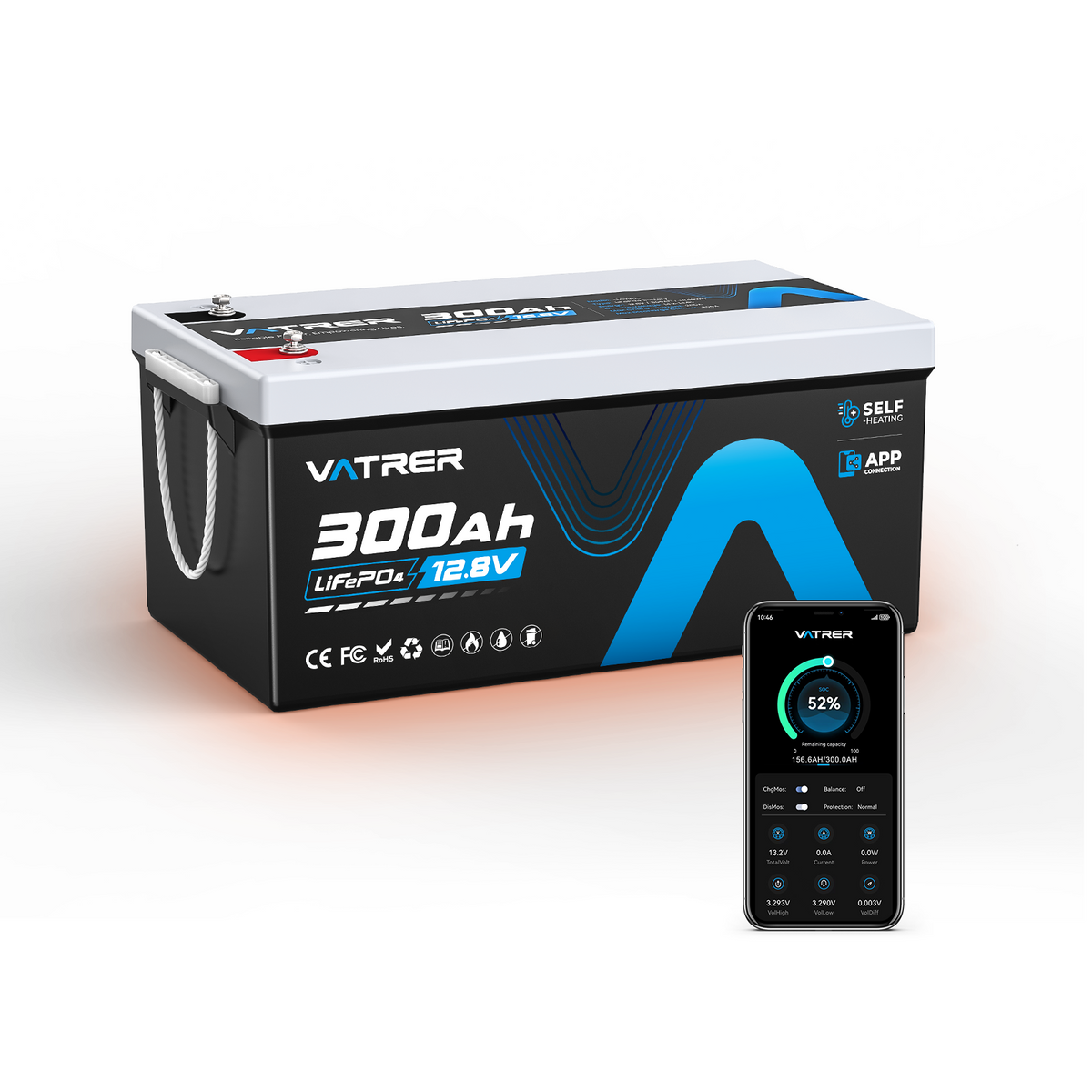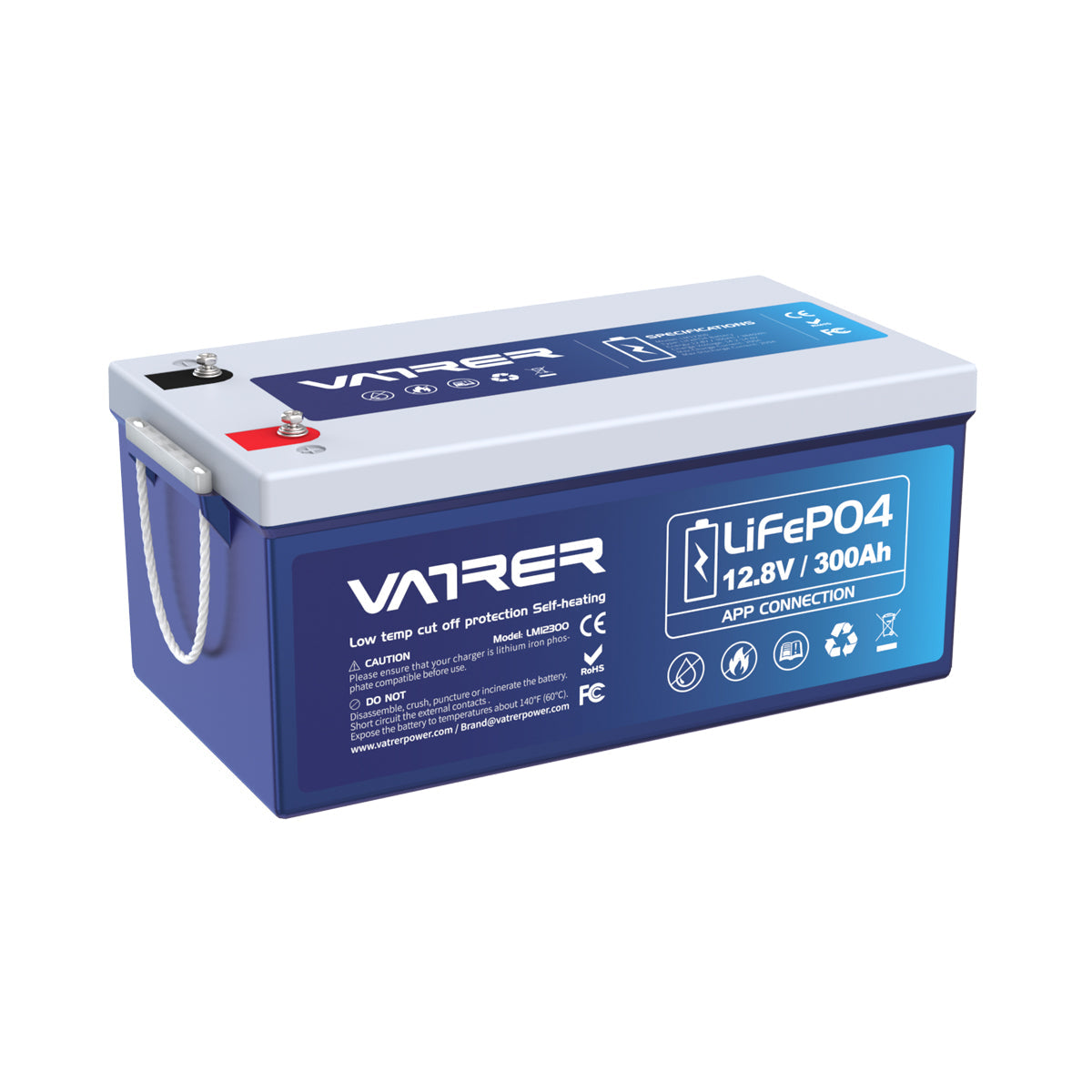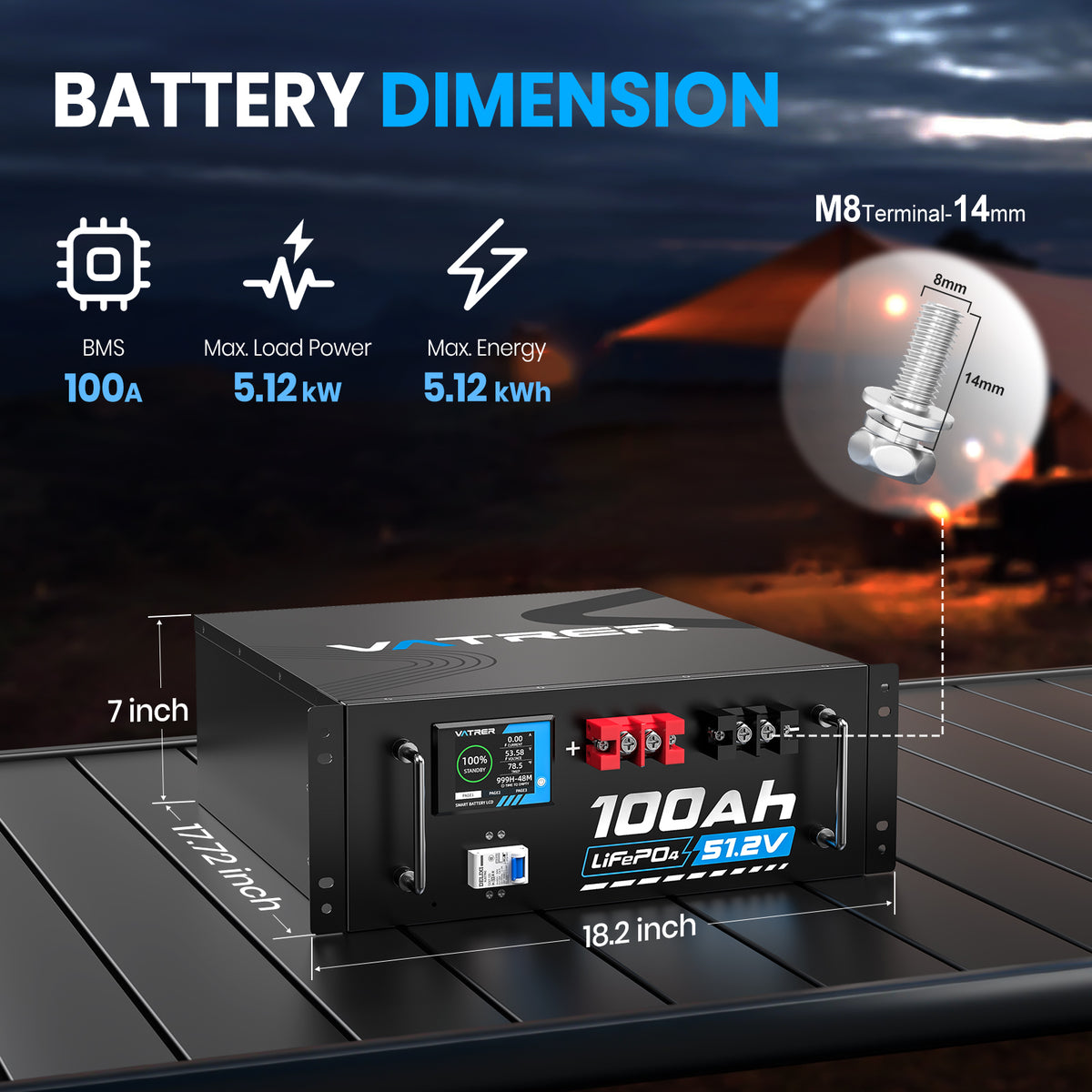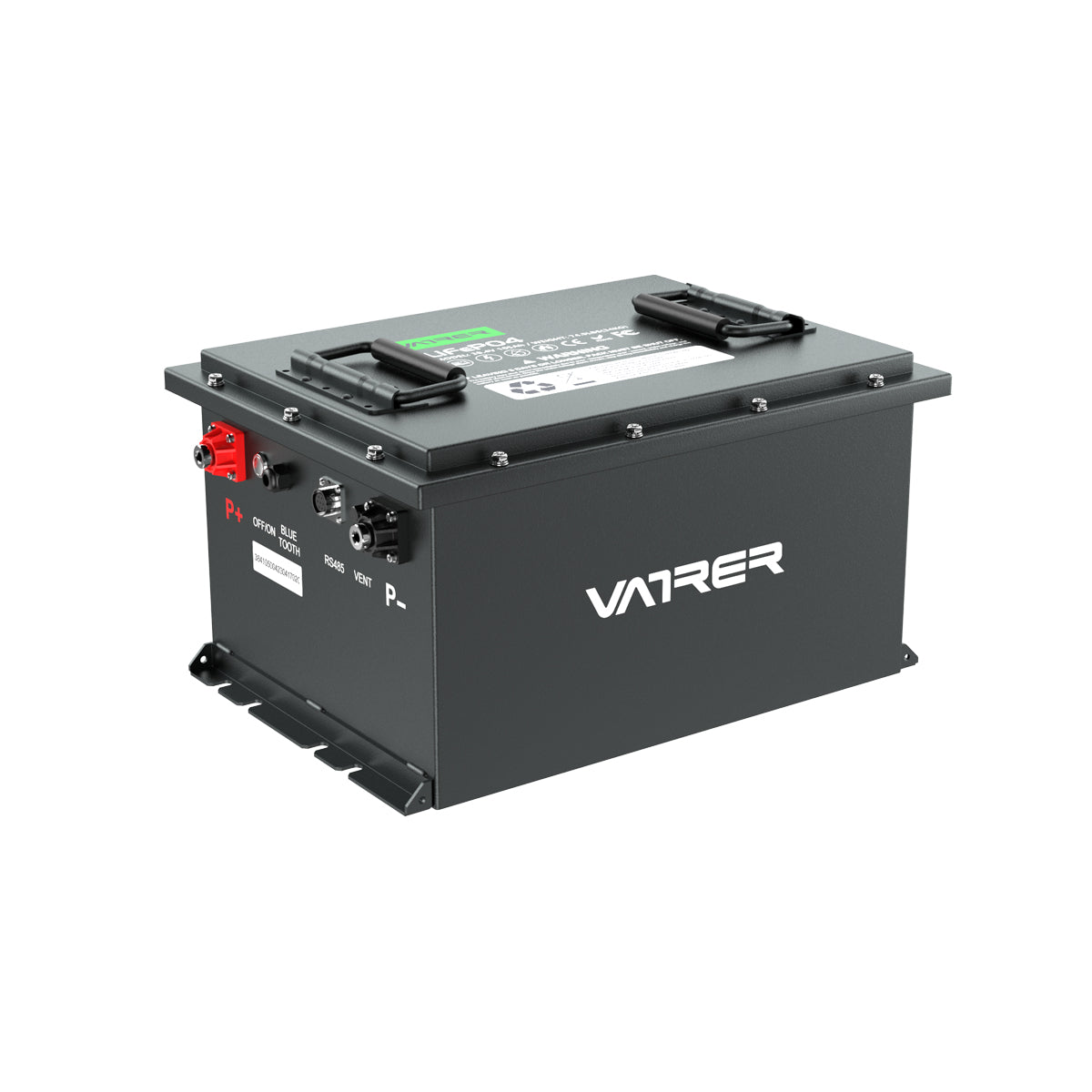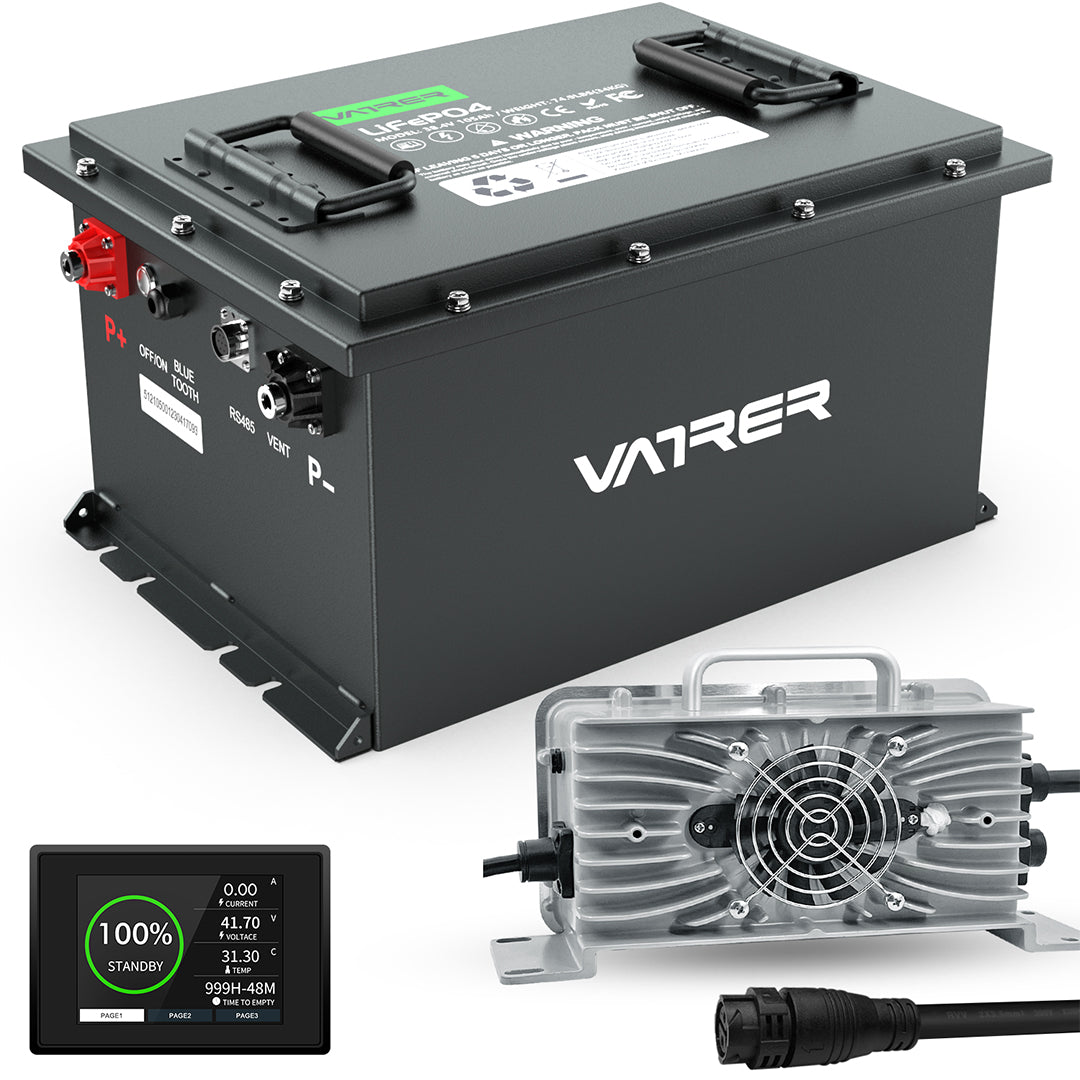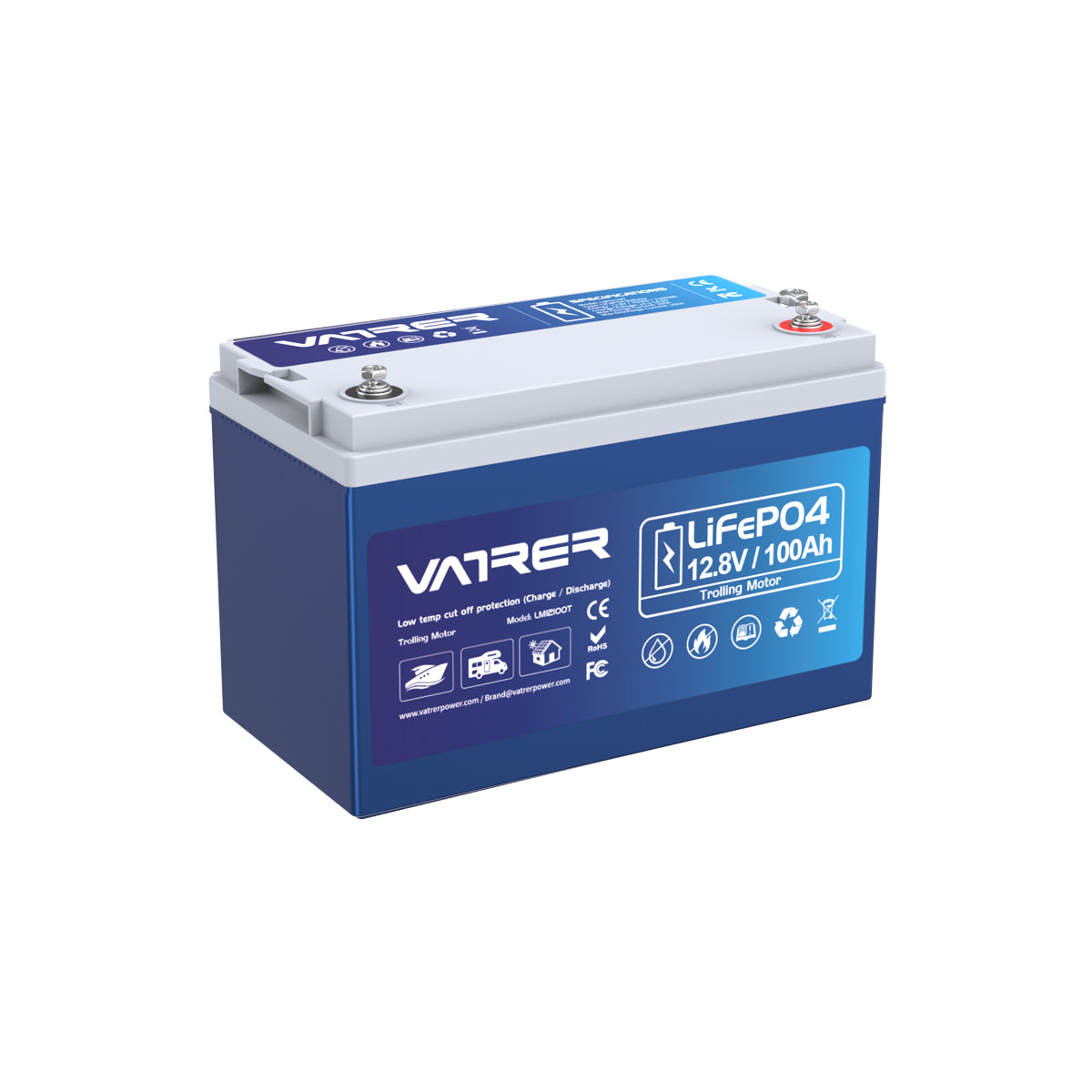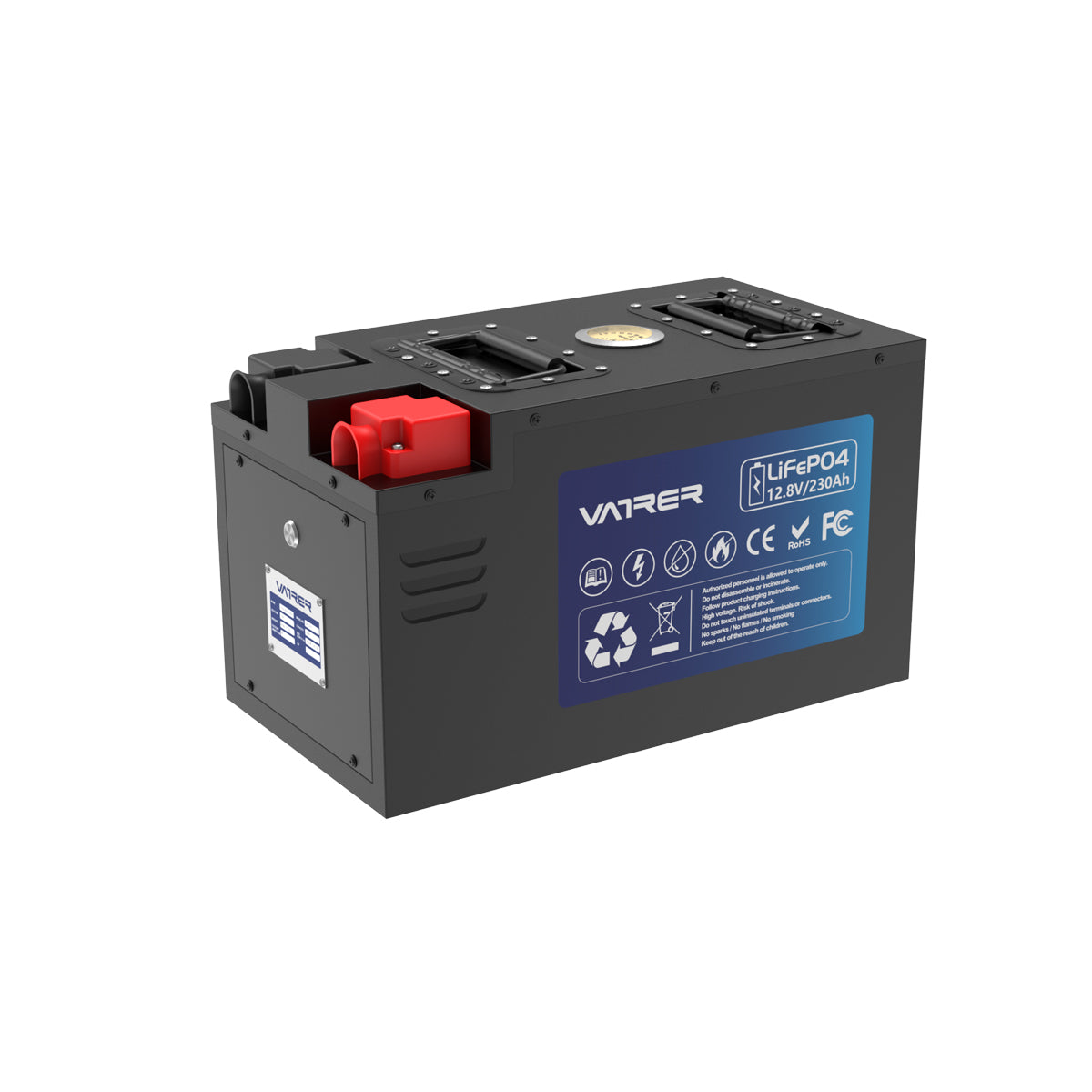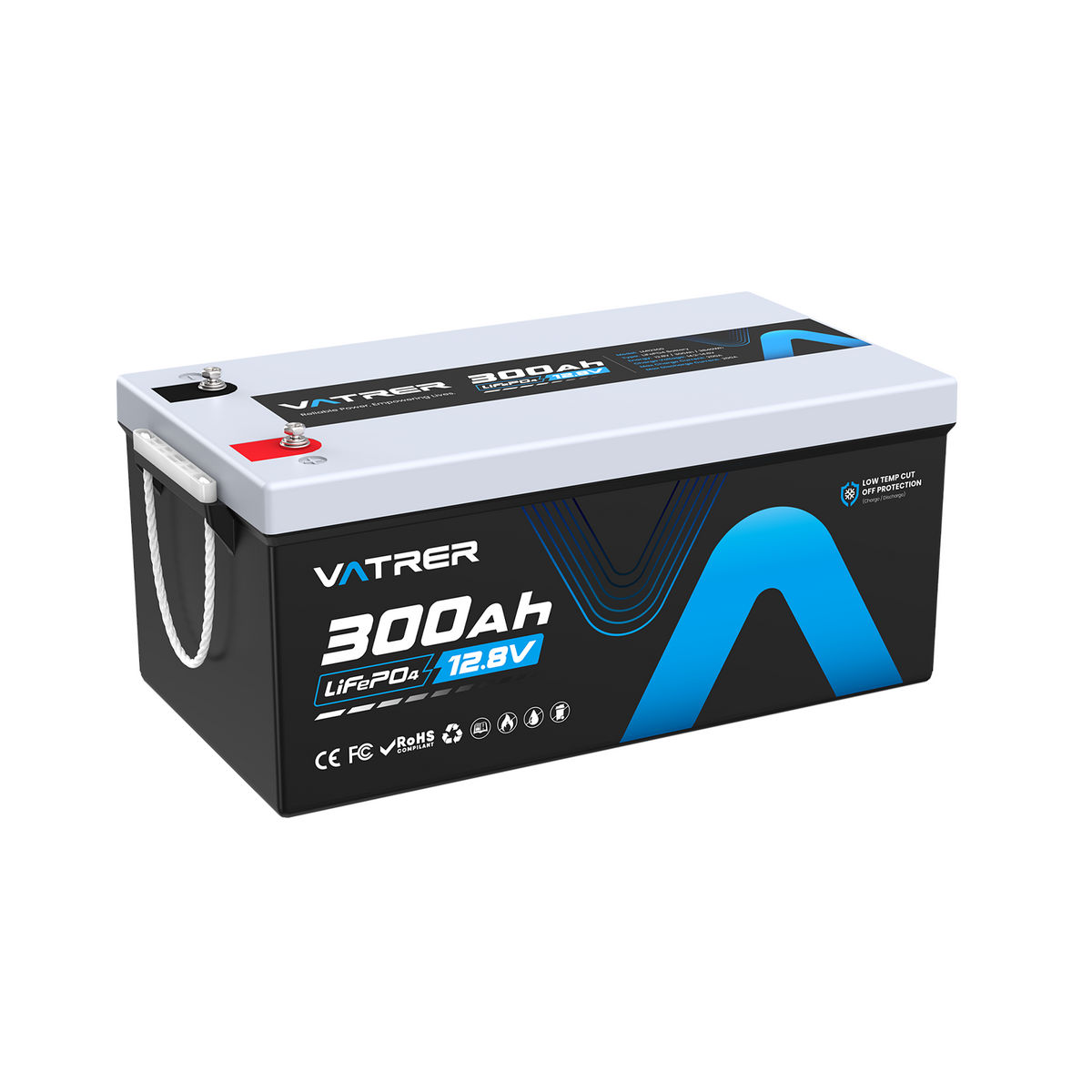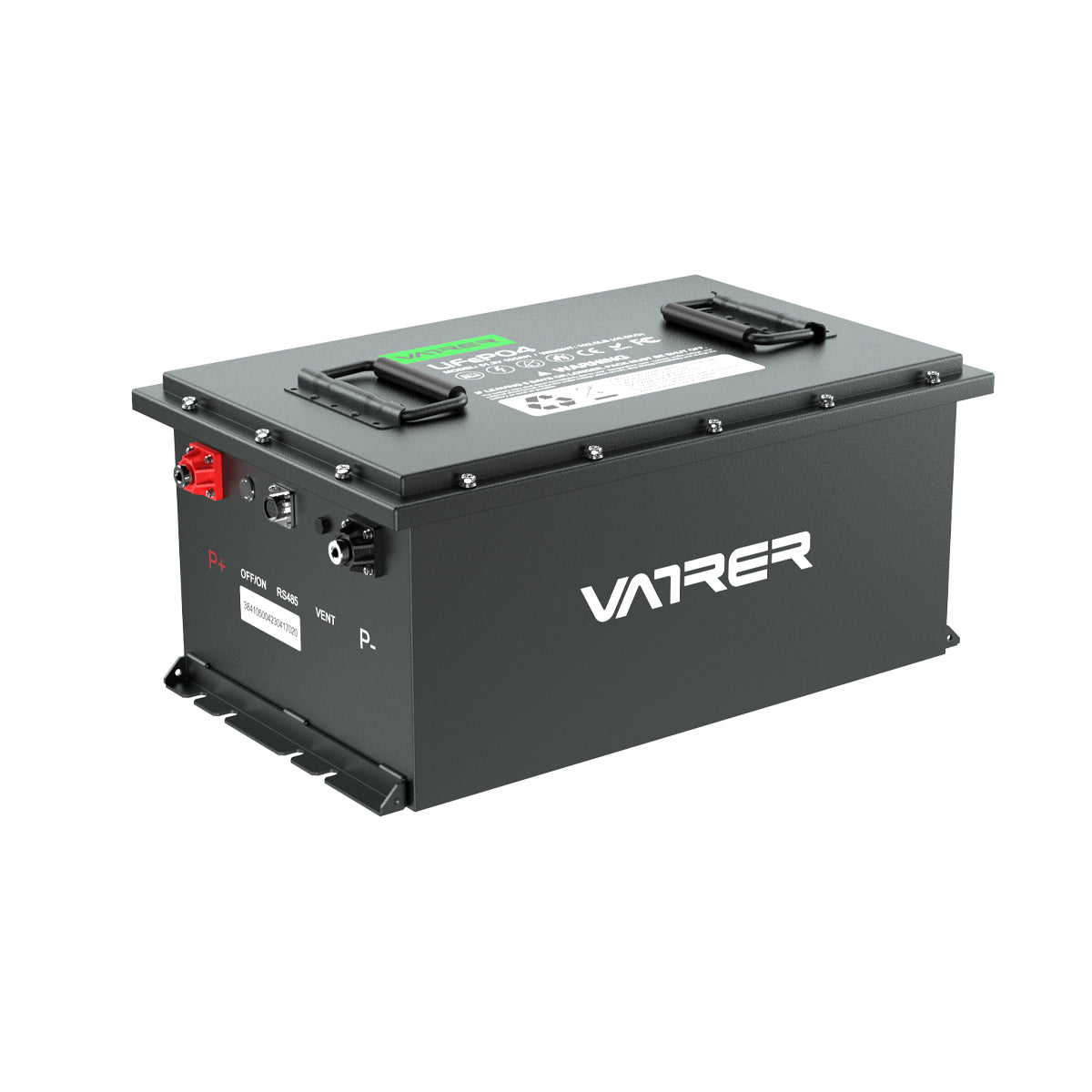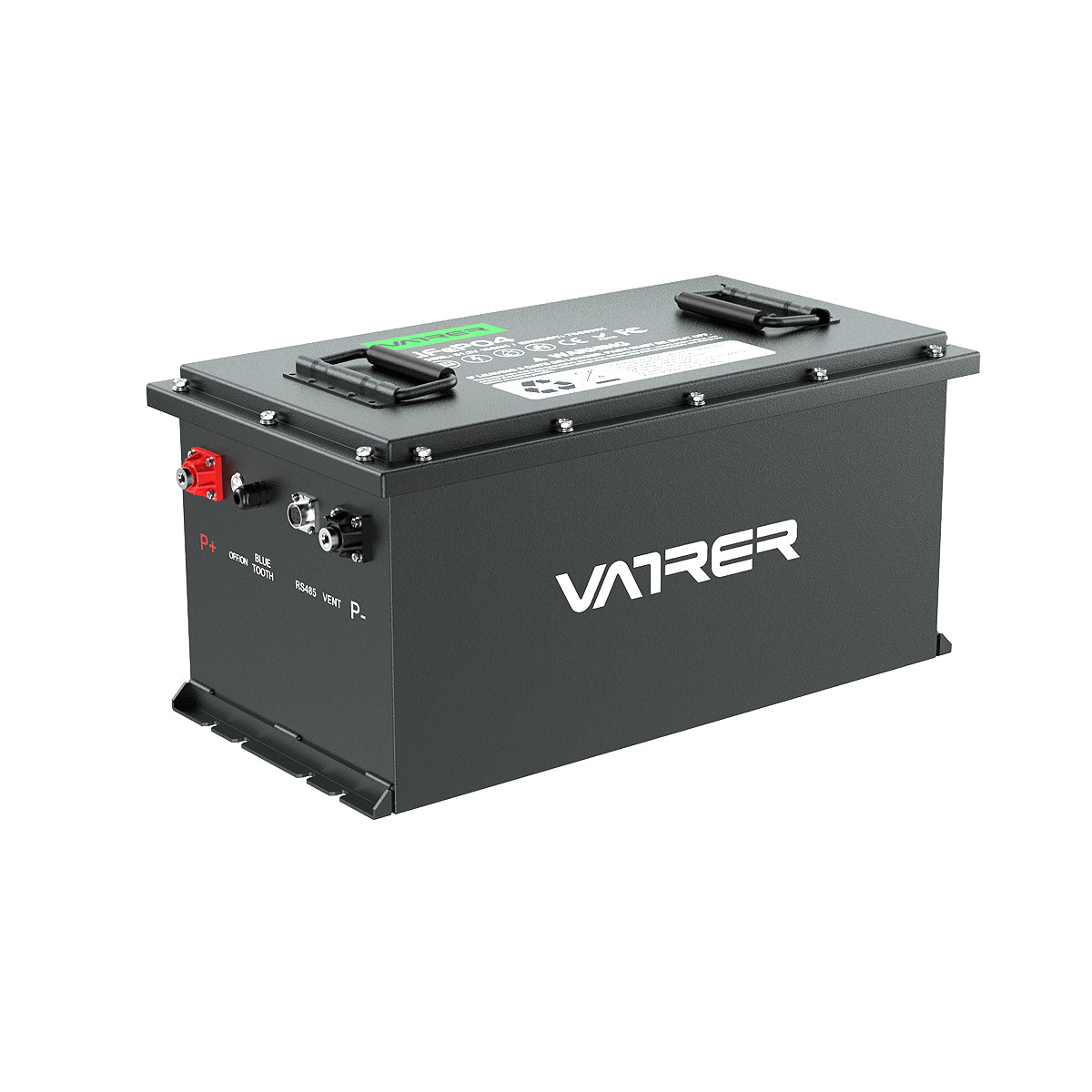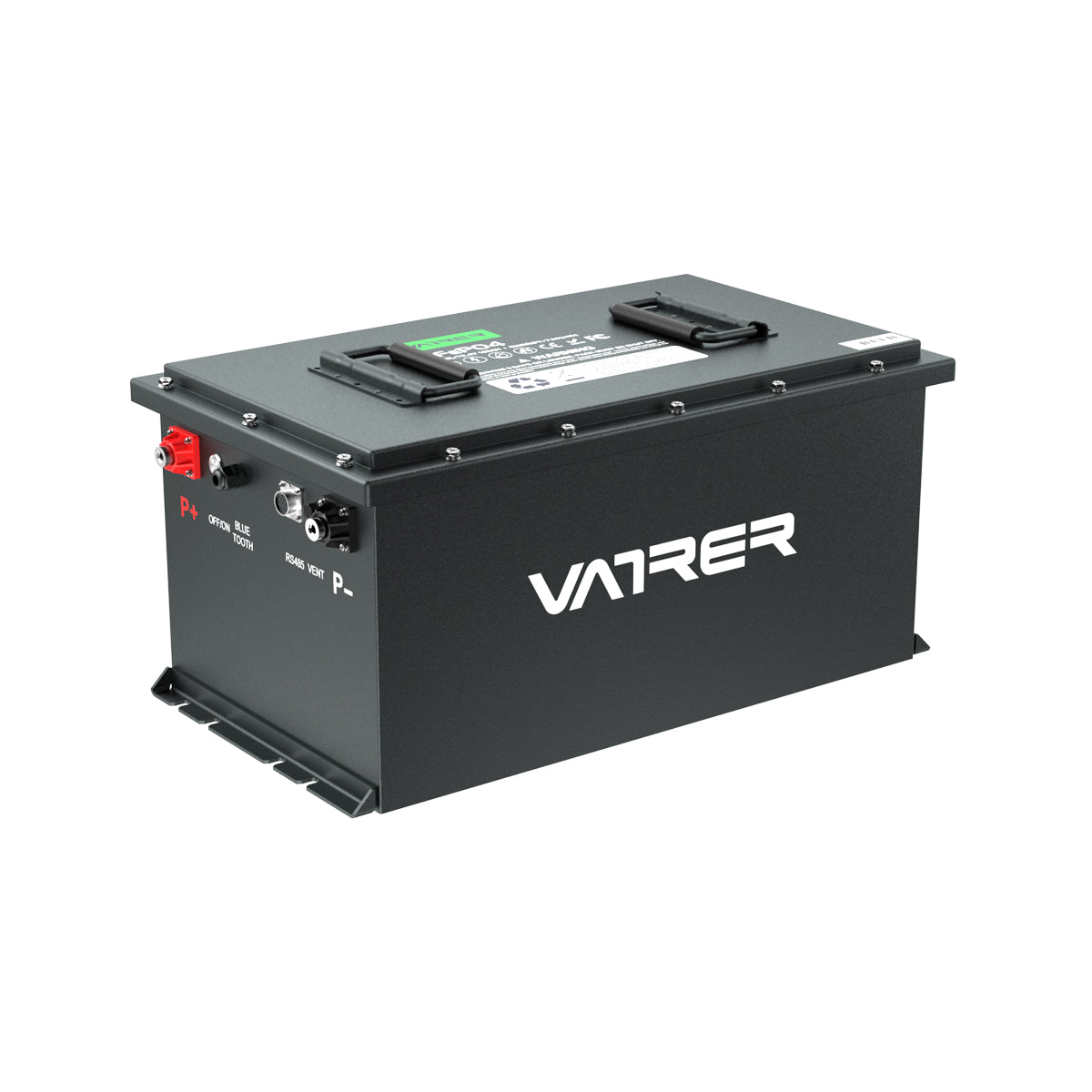Table of Contents
As the world increasingly leans towards renewable energy solutions, many homeowners are considering whether investing in a solar battery is worth it. Solar batteries store excess energy generated by solar panels, providing power during times when the sun isn't shining. This blog post will delve into the benefits, potential drawbacks, and financial implications of installing a solar battery to help you make an informed decision.

Benefits of Solar Batteries
-
Energy Independence: One of the most compelling reasons to invest in a solar battery is the enhanced energy independence it offers. By storing excess solar energy, you can reduce your reliance on the grid and ensure a steady power supply even during outages.
-
Cost Savings: Although the initial investment can be substantial, solar batteries can lead to significant long-term savings. By using stored energy during peak hours when electricity rates are higher, you can lower your utility bills.
-
Environmental Impact: Solar batteries contribute to a greener planet by maximizing the use of renewable energy. By reducing reliance on fossil fuels, you decrease your carbon footprint and help combat climate change.
-
Increased Property Value: Homes equipped with solar energy systems, including batteries, often have higher property values. Potential buyers are attracted to the idea of energy independence and reduced utility costs.
-
Incentives and Rebates: Many regions offer financial incentives, tax credits, and rebates for installing solar batteries. These can significantly offset the initial costs, making the investment more attractive.
Potential Drawbacks
-
High Initial Cost: The upfront cost of purchasing and installing a solar battery can be substantial. However, this should be weighed against the long-term savings and benefits.
-
Lifespan and Maintenance: Solar batteries have a finite lifespan, typically ranging from 5 to 15 years, depending on the type and usage. Maintenance and potential replacement costs are factors to consider.
-
Efficiency and Capacity: Not all solar batteries are created equal. Some may have lower efficiency or capacity, which could limit their effectiveness in storing and supplying energy.
Financial Considerations
To determine whether a solar battery is a worthwhile investment, it's essential to conduct a cost-benefit analysis. Here are some key financial factors to consider:
-
Initial Investment: This includes the cost of the battery, installation fees, and any necessary upgrades to your existing solar system.
-
Energy Savings: Calculate your potential savings based on your current energy consumption, electricity rates, and the battery's capacity to store and supply energy.
-
Incentives and Rebates: Research available financial incentives in your region. These can significantly reduce the overall cost.
-
Return on Investment (ROI): Determine how long it will take for the savings to offset the initial investment. A shorter ROI period indicates a more financially viable investment.
Conclusion
So, is it worth it to get a solar battery? The answer depends on your specific situation, including your energy needs, financial circumstances, and environmental goals. For many homeowners, the benefits of energy independence, cost savings, and environmental impact make solar batteries a worthwhile investment. However, it's crucial to conduct thorough research and consider all factors before making a decision.
By carefully weighing the pros and cons, you can determine whether a solar battery aligns with your goals and offers a favorable return on investment. For those looking to maximize their use of renewable energy and reduce their reliance on the grid, a solar battery can be a significant and rewarding investment.





